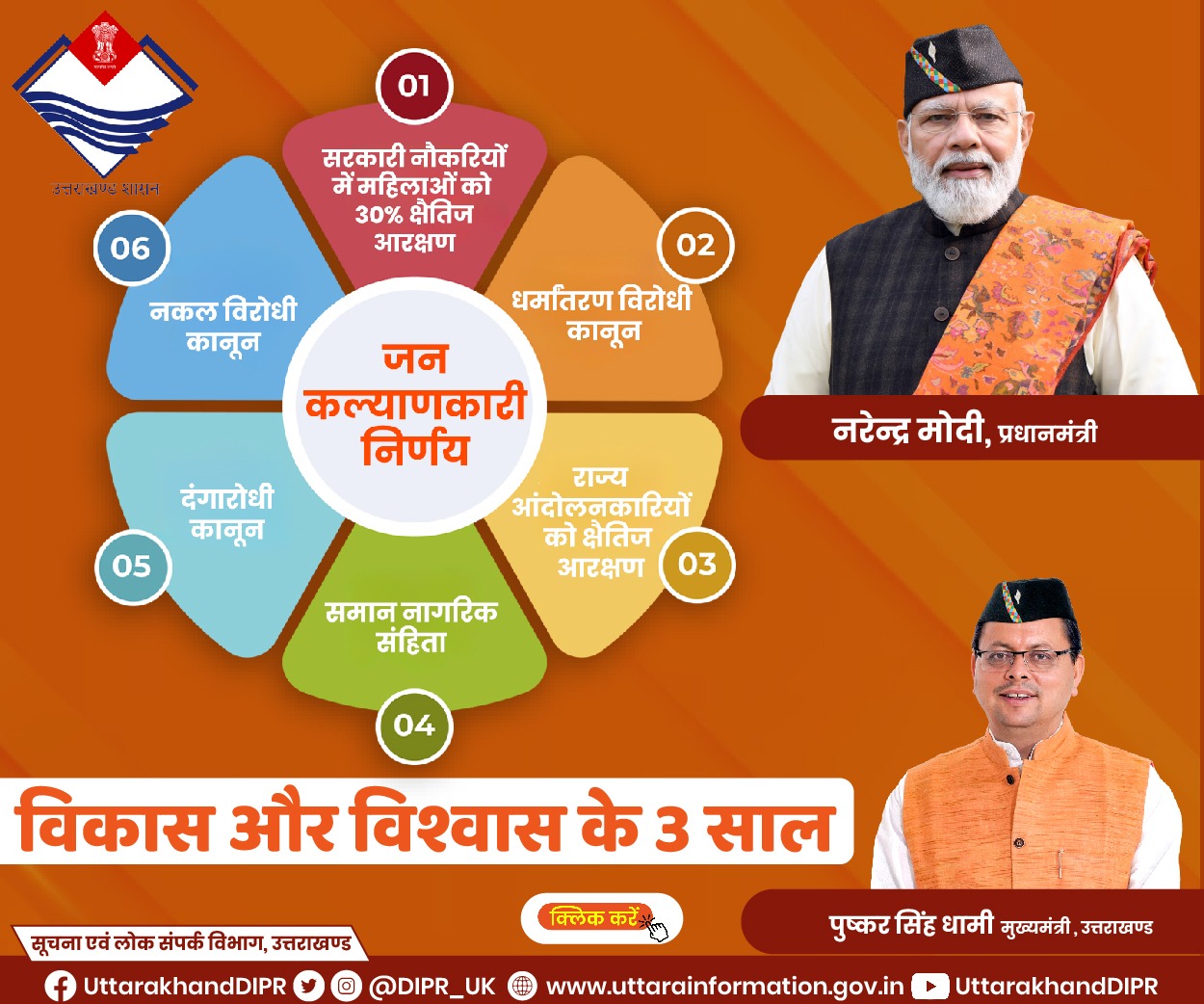(News Trust of India) : Dr Anuj Kumar, Craniofacial Surgeon, Public Health Expert, Campaigner for Healthy Jharkhand
- Regulating body temperature
- Transporting nutrients and oxygen to cells
- Removing waste products from the body
- Lubricating joints
- Protecting organs
Most people don’t drink enough water. The average adult should aim to drink about 2 liters (8 cups) of water per day. However, your individual needs may vary depending on your activity level, climate, and health status.
How much water should you drink?
The amount of water you need to drink each day depends on a number of factors, including:
- Your age: Infants and young children need more water than adults.
- Your activity level: People who are physically active need to drink more water than people who are sedentary.
- Your climate: People who live in hot climates need to drink more water than people who live in cold climates.
- Your health status: People with certain health conditions, such as kidney disease or diabetes, may need to limit their fluid intake.
How to tell if you’re hydrated
The best way to tell if you’re hydrated is to pay attention to your thirst. If you’re not thirsty, you’re probably hydrated. However, if you’re feeling thirsty, it’s a sign that you’re already dehydrated.
Other signs of dehydration include:
- Dry mouth
- Dark yellow urine
- Headaches
- Fatigue
- Confusion
When to drink water
You should drink water throughout the day, not just when you’re thirsty. It’s a good idea to keep a water bottle with you at all times so you can stay hydrated.
How to drink water
There is no right or wrong way to drink water. You can drink it straight from the tap, bottled water, or filtered water. You can also add flavor to your water with fruits, vegetables, or herbs.
Here are some tips for drinking water:
- Drink water before, during, and after meals. This will help your body to digest food and absorb nutrients.
- Drink water when you wake up in the morning. This will help to rehydrate your body after a night’s sleep.
- Drink water before and after exercising. This will help to prevent dehydration and muscle cramps.
Water myths
There are a number of myths about water that you should be aware of. Here are a few of the most common:
- You should drink 8 glasses of water per day. This is a common recommendation, but it’s not necessarily true for everyone. Your individual needs may vary.
- You should drink water before bed. This can actually lead to frequent urination during the night.
- You should drink alkaline water. There is no scientific evidence to support the claims that alkaline water is healthier than regular water.
Water is essential for good health. By drinking enough water throughout the day, you can help to keep your body hydrated and functioning properly.
In addition to the information provided in the article, here are some additional tips for drinking water:
- If you find it difficult to drink plain water, try adding flavor with fruits, vegetables, or herbs. Some popular options include lemon, lime, cucumber, mint, and berries.
- If you don’t like the taste of tap water, you can use a water filter to remove impurities.
- If you’re active, you may need to drink more water than the recommended amount. A good rule of thumb is to drink 16 ounces of water for every hour of exercise.



